Many neurodegenerative diseases are caused by prion-like self-propagating aggregates of specific proteins such as tau (e.g., Alzheimer’s), α-synuclein (e.g., Parkinson’s), and PrP (prion diseases). We emphasize biochemical, structural biological, and cell biological studies of such pathological aggregates. For example, we have used cryo-electron microscopy to determine the first high-resolution structures of bona fide infectious PrP prions. We have exploited the self-propagating properties of proteopathic aggregates to develop ultrasensitive seed amplification assays (RT-QuIC assays) that are not only valuable in fundamental research, but also providing high diagnostic accuracy for prion diseases and synucleinopathies using clinically accessible biospecimens. Our tau RT-QuIC assays can detect and discriminate different pathological forms of tau aggregates with unprecedented sensitivity, and we are currently evaluating their diagnostic utility. We are also seeking to improve the practicality and quantitative precision of RT-QuIC assays. Armed with our new near-atomic prion structures, we are seeking new approaches to blocking prion growth and toxicity for therapeutic purposes against prion disease.
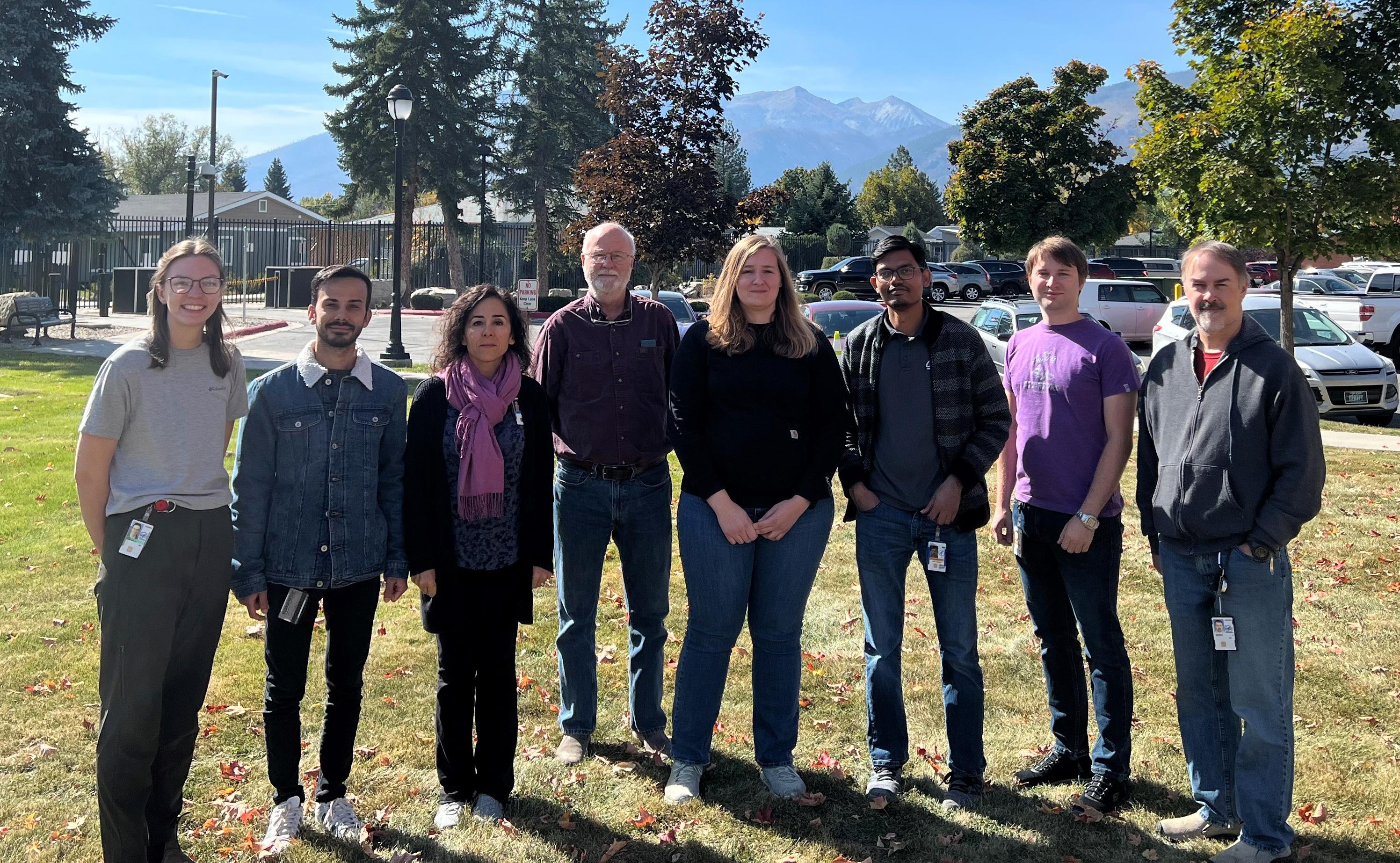
TSE/Prion Biochemistry Section, 2024. Left to right: Samantha King, Postbaccalaureate Fellow; Francesco Silvestri, Predoctoral Visiting Fellow (former member); Christina Orrù, Staff Scientist; Byron Caughey, Senior Investigator; Efrosini Artikis, Postdoctoral Fellow; Parvez Alam, Postdoctoral Visiting Fellow; Jakub Soukup, Postdoctoral Visiting Fellow; Andrew Hughson, Lab Technician/Microbiologist; Sabiha Parveen, Postdoctoral Visiting Fellow (not pictured).
Byron Caughey, Ph.D.
Chief, TSE/Prion Biochemistry Section
Education:
Ph.D., 1985, University of Wisconsin-Madison
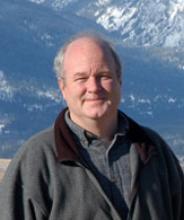
Parvez Alam, Ph.D.
Visiting Fellow
Education:
Ph.D., Aligarh Muslim University, India
Languages Spoken: Hindi, Urdu
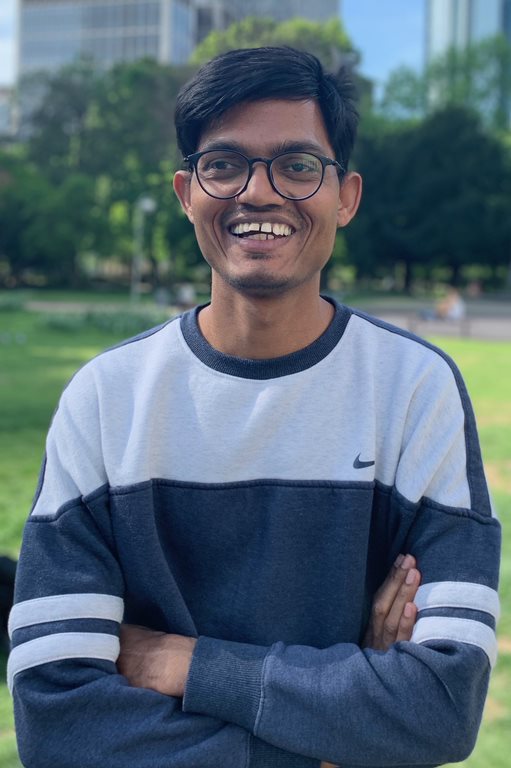
Efrosini Artikis, Ph.D.
Postdoctoral Fellow
Education:
Ph.D., Biophysics
B.S., Chemistry
Languages Spoken: Greek
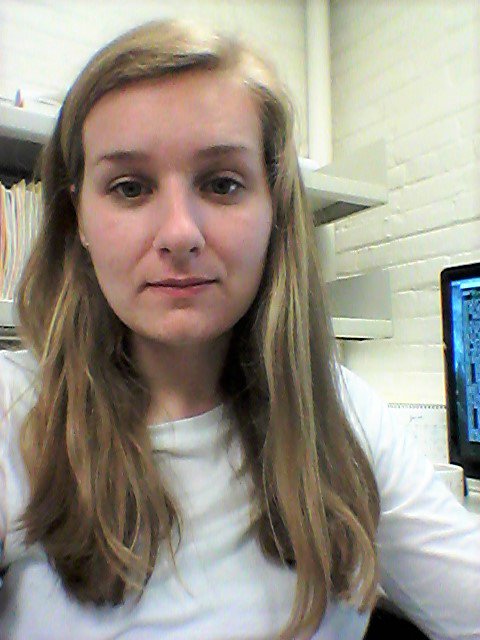
Christina Doriana Orru`-Grovemann, Ph.D.
Staff Scientist
Education:
Ph.D., University of Cagliari, Italy
Languages Spoken: Italian
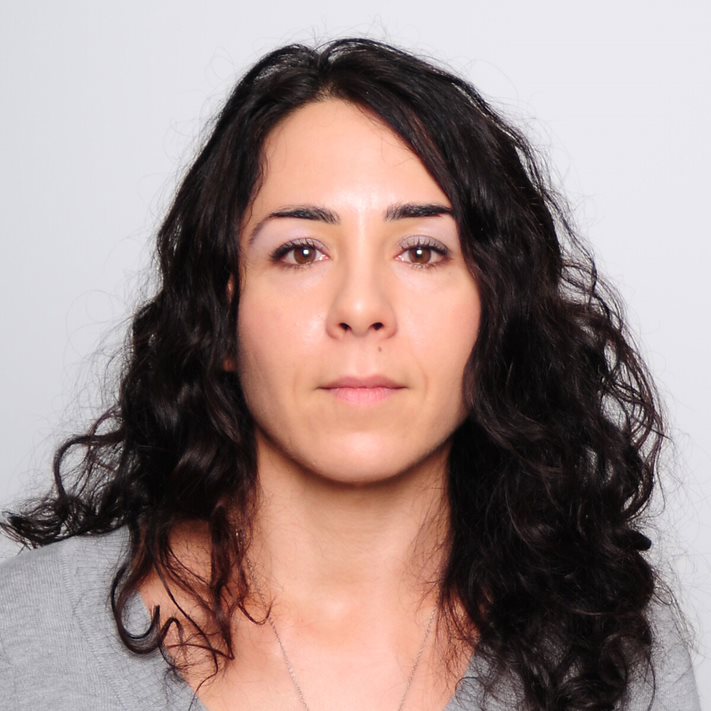
Andrew G. Hughson, M.S.
Lab Technician/Microbiologist
Education:
M.S., Genetics and Cell Biology, 1994, Washington State University

Samantha King
Postbaccalaureate Fellow
Education:
B.S., 2022, University of Montana, Missoula, MT
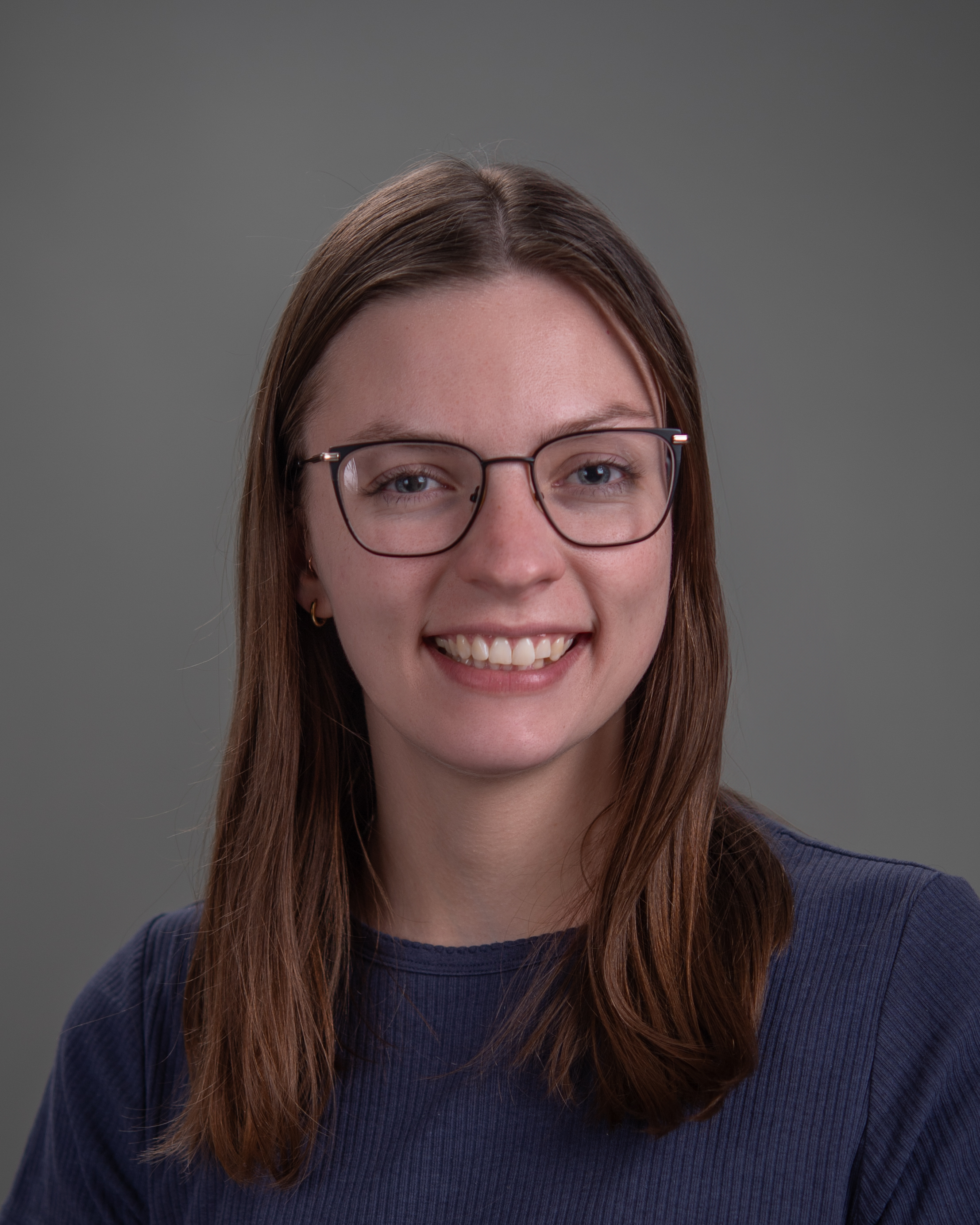
Jakub Soukup, Ph.D.
Postdoctoral Fellow
Education:
Ph.D., 2023, Charles University, Prague, Czechia
M.Sc., 2015, Virology, Charles University, Prague, Czechia
Languages Spoken: Czech
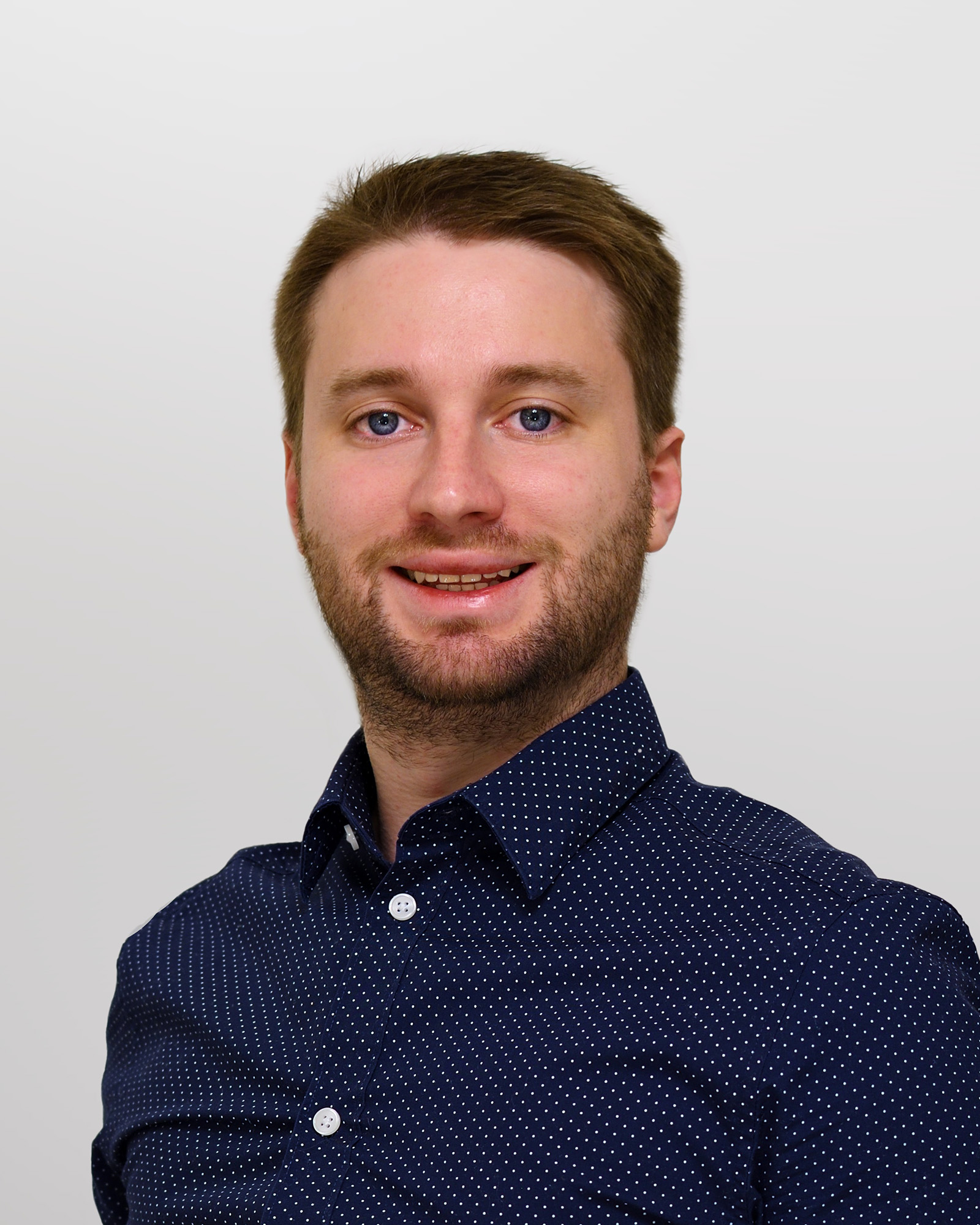
Former Research Group Members
- Kachi Isiofia, B.S., Postbaccalaureate Research Trainee
- Ankit Srivastava, Ph.D., Visiting Fellow
- Francesco Silvestri, B.S., Predoctoral Visiting Fellow

